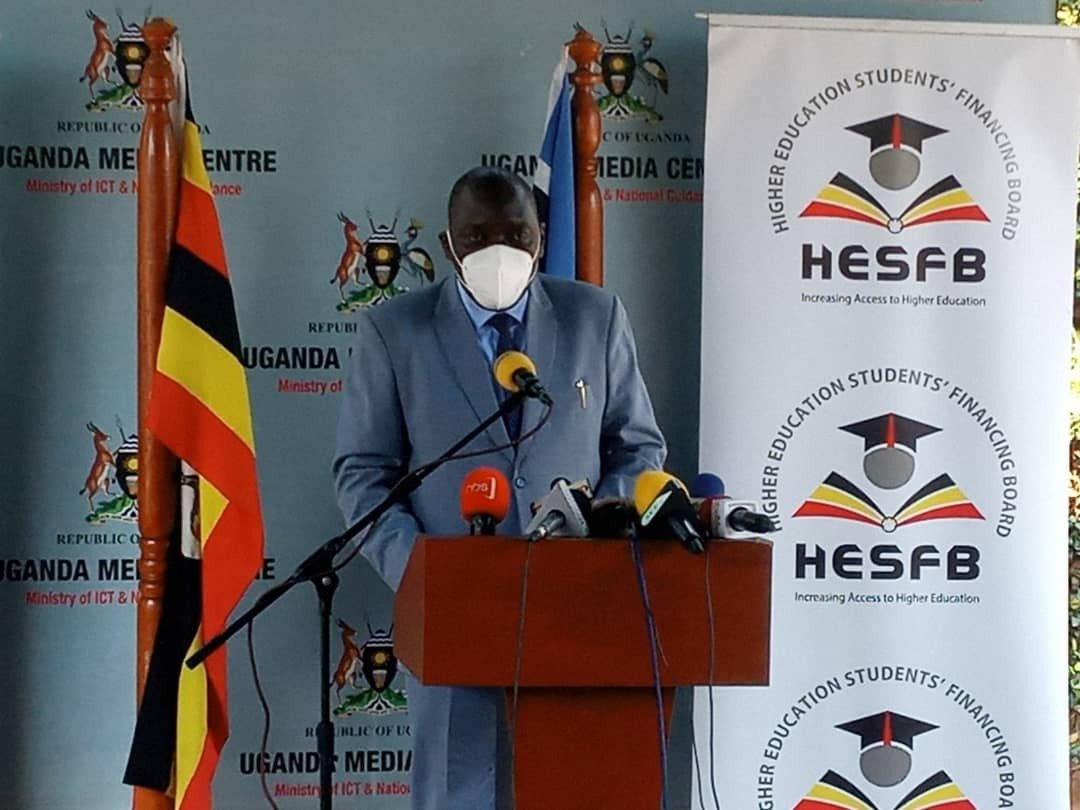By Twiine Mansio Charles
As a full-time student of security, I have noticed with concern that waste sorting, a seemingly mundane task, plays a crucial role in security measures.
In Uganda, waste collectors, often regarded as unsung heroes, have made significant discoveries that have prevented potential security threats.
For instance, in 2022, a waste collector en route to Kitezi discovered suspicious tins with terrorist-related writings, while in 2019, a waste collector found a homemade bomb in Entebbe, and in 2018, another discovered explosives linked to a rebel group in Jinja.
The ramifications of these discoveries have been significant, preventing potential terrorist attacks, saving countless lives, and maintaining the country’s stability, thanks to the gallant joint security agencies of Uganda.
These incidents demonstrate the importance of effective waste sorting mechanisms and community vigilance in detecting potential security risks.
Waste management efforts must prioritize security, making it a concern for all authorities handling large volumes of urban waste nationwide.
The Kampala Capital City Authority (KCCA), being the largest center of waste collection, should collaborate with the police to emphasize the importance of waste sorting in maintaining public safety, adhering to ISO security guidelines by tracking and monitoring materials that are not only hazardous but also potential clues to detect vicious crimes like terrorism.
By acknowledging the role of waste sorting in security, we can work together to prevent potential threats and maintain public safety.
This observation aligns with the scholarly Broken Windows theory (Wilson & Kelling, 1982), which states that small, seemingly insignificant acts of disorder can create an environment conducive to potential crimes.
By addressing these small issues through effective waste sorting, urban authorities can complement law enforcement agencies in preventing emerging security threats.
Protect & Serve
Twiine Mansio Charles is a Security Analyst/Practitioner







































